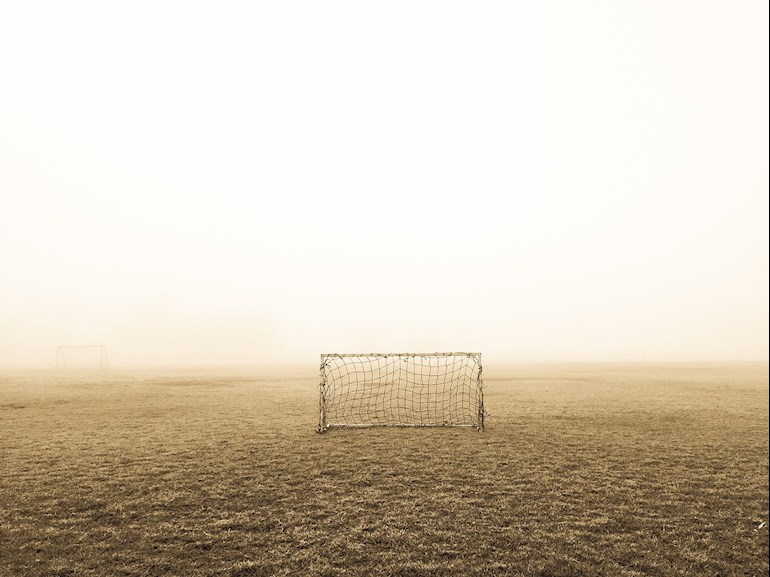Life doesn’t stop when we get a diagnosis of lung cancer. We still have things that we need to get done. The list may change after diagnosis, with fun new items like “make medical directive” and “meet with lawyer”. We may also realize that we have personal goals that we do not want to defer any more. Meanwhile, we are likely to find our calendar filling with medical appointments, and our bank balance dropping as the medical bills start coming in.
Beyond that to-do list of the mundane, the business matters, and the bucket list is the realization that our time is finite. The imbalance between the swollen list of things that we want to do and the limited time and energy available to do them all can be paralyzing. Where do we even start? Our ability to rally and accomplish as many of our goals as we can may be further dampened if we are contending with negative emotional states that make it hard to do anything.
Our goals may also change once we find ourselves facing a lung cancer diagnosis, especially if we are told there is no cure for us at this time. In my experience, a life that doesn’t realize it is limited tends to be driven by a lot of external goals. For example, the requirements that a job and career make of us can come to dominate the goals we set for ourselves. Once we become ill, we may find ourselves with very different goals, and a different goal-setting process.
I suggest beginning the process of setting a goal by asking a simple question: Is this something I want to do, or is this something I think I should do? Sometimes we create goals to do things that we think are expected of us, and sometimes we are glad we do. But when time and energy are limited, I suggest that it’s time to ask if we are truly obligated to do everything on our “should do” list. One of the first steps towards accomplishing the goals that are most important to you could be shedding some goals you don’t really need or want to do.
Another question to ask is: What is important to me NOW? This is going to be different from person to person. Some people want to travel and see as much of the world as they can, some people want to enjoy their life at home. Among the possible answers: advocate for lung cancer patients, continue working as long as possible, spend loving time with family, volunteer in the community, read the unread books in that pile on your nightstand, master a tricky video game, remodel part of your home, knit a blanket for a baby. There is no right or wrong answer, and that is very important for us all to understand.
A third question I suggest asking: is anything keeping me from realizing my goals? Time and money can be in shorter supply than optimal, and bad habits (such as my pesky sudoku compulsion) can keep us “stuck” and not spending time doing the things we say we want to do. Depression paralyzes us as well, and lung cancer patients have a significant risk of becoming depressed. If you think you are depressed, tell your doctor and get help. We all deserve to be as comfortable as possible, both physically and emotionally, as we deal with lung cancer.
Many people will find that their goals change after a lung cancer diagnosis. With a bit of thought and self-reflection, we have an opportunity to set goals that are truly ours, chosen because they are important to us. May we all find goals that are meaningful for us, and may we overcome the obstacles that stand in their way.
Photo credit: Pixabay picture by Pexels, CC0 Creative Commons
